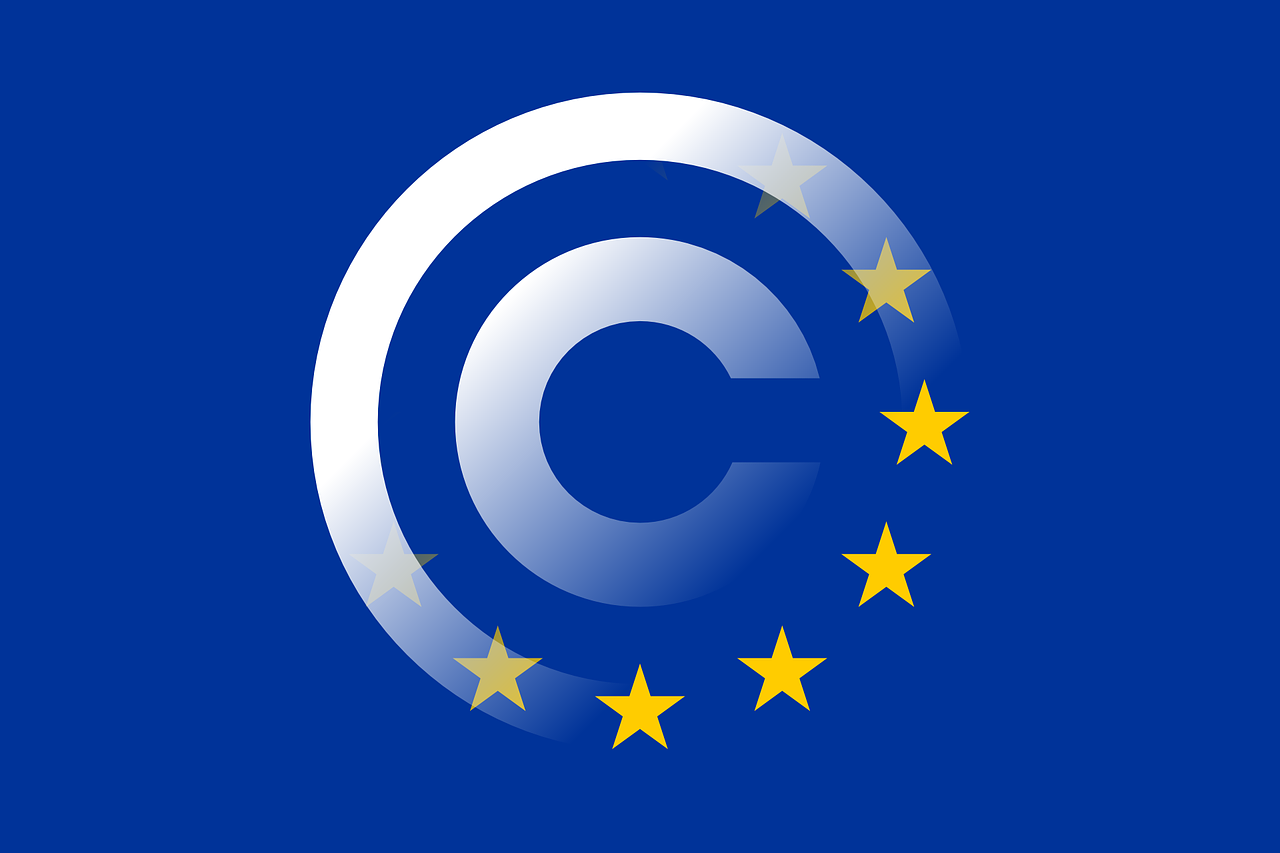Copyright Rules: Contradictory National Implementation Threatens the Single Market

The transposition of the 2019 European Copyright Directive into national law by the 27 governments has been much debated and delayed across the European Union. Some Member States have departed from the Directive in various ways, such as Belgium, Italy, and Croatia. The greater the departure from what was agreed, the greater the threat to the cohesion of the EU Single Market and the cross-border provision of services. The upcoming transposition proposed by Czech parliamentarians introduces changes that are about far more than the nuance of details.
Parliamentary negotiations over transposition in Czechia exemplify the risk of regulatory divergence to cross-border trade. There, Members of Parliament (MPs) have proposed amendments that are at odds with the Directive’s overarching intention to simplify and unify European standards on copyright. This could go as far as unnecessarily politicising copyright disputes and weakening efforts to moderate copyrighted content.
Certain amendments proposed in Czechia would restrict the ability for platforms and publishers to determine whether to enter into commercial discussions in the first place, and for platforms to decide which content to carry and how to moderate their users’ experience and disinformation. This does not reflect the careful balance of Article 15 of the Directive, which on the one hand gives publishers of press publications more control to authorise and prohibit the use of their publications online, while also preserving the ability for everyone to discover, access, and share information on the Internet.
Troublingly, Czechia’s diverging obligations would only apply to ‘dominant’ platforms, and can be interpreted as restricting the ability of platforms to change and develop their products in the future, or as requiring platforms to display and pay for content that they or their users otherwise may not want to see. These departures from the text of the Directive could end up distorting the market by forcing larger platforms to carry more disinformation and hampering their moderation efforts.
It is important that governments tread carefully when limiting platforms’ moderation efforts and terms of service with content suppliers, especially given that fines can reach up to one percent of a platform’s global turnover with no clear means of recourse. Any provisions that impose such significant penalties will incentivise companies to over-comply, further limiting any moderation efforts. This not only goes against the spirit of EU law but would clash with the wording and intent of the Directive, which is to strengthen the European Single Market with a common rule book for all companies operating in the EU.
Other MPs are proposing to add a novel, highly problematic remedy that would allow certain parties to request that platforms be banned if they engage in moderation practices that these third parties disagree with. Such a measure would be open to abuse by those who spread misinformation and disinformation. What is more, it is also unnecessary: the Court of Justice of the European Union (CJEU) has already ruled that Article 17 of the Copyright Directive includes sufficient safeguards to ensure that internet users maintain the right to freedom of expression. Going beyond the text of the Directive at national level is therefore disproportionate.
Czech legislators are also looking to ensure that the power to rule on disagreements over copyright and content remuneration is given to the Ministry of Culture. Instead of decisions about content being made by administrative bodies, Courts, or other impartial authorities, as is the case in most other EU Member States, these decisions would come from a political – and even potentially politicised – body. It’s unlikely that risking politicisation of these remuneration negotiations would be beneficial – neither for consumers of information, nor media freedom and independence.
Fundamentally, European regulators face a difficult challenge in striking the right balance between safeguarding freedom of expression and moderating online content. But this makes it all the more important that parliamentarians in the 27 Member States do not use the transposition of carefully drafted and highly technical European laws to achieve local political objectives.
European policymakers – whether in Prague, Brussels, or any other Member State – should take care not to upset the careful balance struck in the Copyright Directive. Errant changes at the national level could hamper content moderation, distort competition, and politicise platform operation, putting the harmony of the Single Market at risk.








